
Why Florida, Texas, and California Lead the Nation in Lightning Insurance Claims
Florida, Texas, and California consistently rank highest for lightning-related insurance claims due to storm frequency, surge damage, and wildfire-triggered losses.
June 24
Catastrophe
Insurance Industry
Property
Risk Management
California
Florida
Texas

Frustrating Digital Claims Processes Keep 20% of Consumers from Filing
A recent Insurity survey highlights the importance of blending digital convenience with human support to enhance policyholder satisfaction and claims experiences.
June 24
Auto
Insurance Industry
Property
Technology
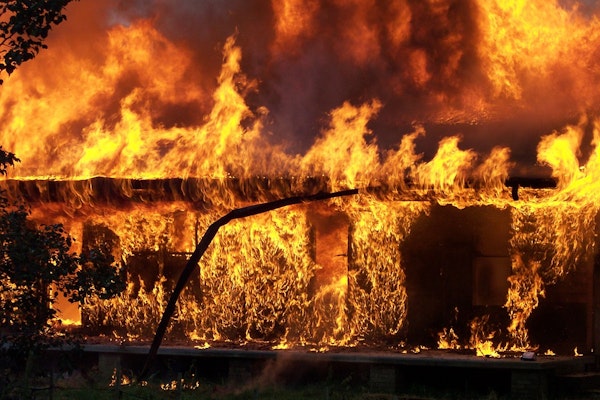
Three Arrested in California Farmhouse Arson and $200K Insurance Fraud Scheme
Federal, state and local investigators allege three men—including a municipal vice mayor and a school board trustee—set a Northern California farmhouse ablaze and filed false insurance claims to net $200,000.
June 23
Fraud
Insurance Industry
Litigation
Property
California
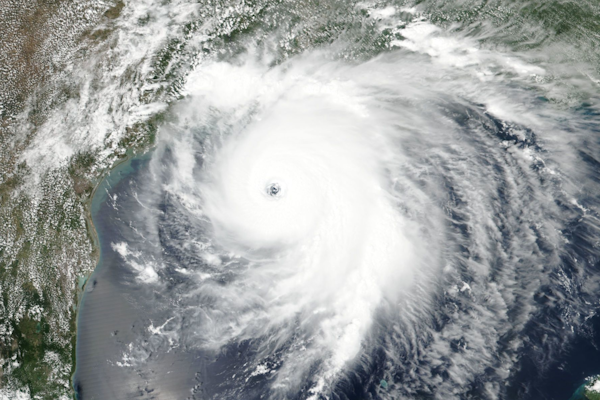
Colorado State University Predicts Above Normal 2025 Atlantic Hurricane Season
The 2025 Atlantic hurricane season is projected to be above-average with 17 named storms, nine hurricanes and four major hurricanes, increasing landfall risks along U.S. and Caribbean coasts.
June 19
Catastrophe
Insurance Industry
Property
Risk Management
Florida
Texas

Florida Appeals Court Rebukes Citizens Property Insurance Over Roof Claim Denial
A Florida appeals court held that Citizens Property Insurance wrongly denied a roof damage claim and can’t invoke staged-payment rules until coverage is acknowledged, giving homeowners a second chance.
June 19
Insurance Industry
Legislation & Regulation
Litigation
Property
Florida

Nail Salon Owner Arrested on Multiple Arson and Insurance Fraud Charges
Town of Newburgh authorities and federal agents allege a local salon owner deliberately set an August 2022 fire at her own shop to collect insurance payouts amid severe financial distress.
June 19
Fraud
Legislation & Regulation
Litigation
Property
New York
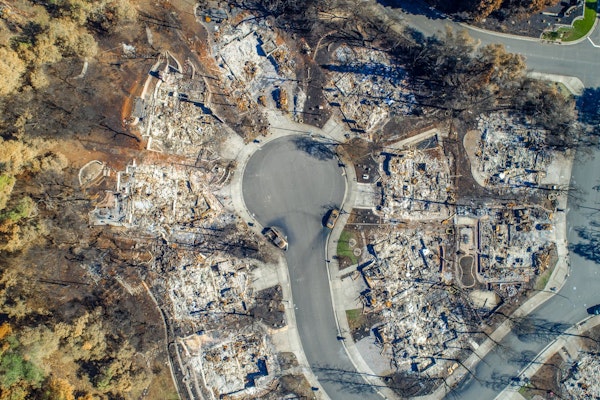
Claims Decline as Replacement Costs Skyrocket in Q1 2025
In Q1 2025, U.S. and Canadian property claims hit a five-year low even as average replacement costs surged 46 percent year-over-year, led by California wildfire losses and rising reconstruction expenses.
June 19
Catastrophe
Legislation & Regulation
Property
Risk Management
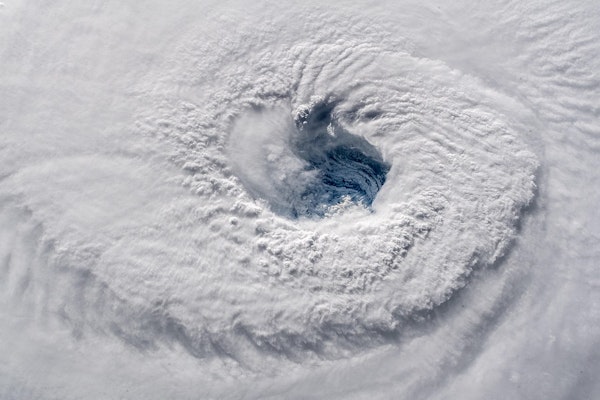
Hurricane Erick Pounds Mexican Coast with Fierce Winds and Flood Threat
Upgraded to ‘extremely dangerous’ Cat 4 before landfall, Erick made shore near Punta Maldonado with 125 mph winds, heavy rain and storm surge poised to trigger floods and mudslides.
June 19
Catastrophe
Insurance Industry
Property
Risk Management

Updated Hurricane Loss Model Approved by Florida Commission
Florida’s hurricane model commission approves Karen Clark & Co.’s Version 5.0, featuring enhanced climate data, upgraded vulnerability functions, and new coverage modeling capabilities.
June 12
Catastrophe
Property
Risk Management
Technology
Florida

Court Upholds Lloyd’s Denial in Diamond Loss Case Over Inactive Security System
A New York appellate court affirms Lloyd’s denial of coverage in a diamond loss claim, emphasizing that policyholders must maintain fully operational security systems.
June 12
Insurance Industry
Litigation
Property
Risk Management
New York

AI Agents Now Handle Insurance Policies from Quote to Claim with Sure’s New Protocol
Sure introduces its Model Context Protocol, enabling AI agents to autonomously quote, bind, and service insurance policies with integrated compliance and multi-carrier support.
June 11
Auto
Insurance Industry
Property
Technology
Texas
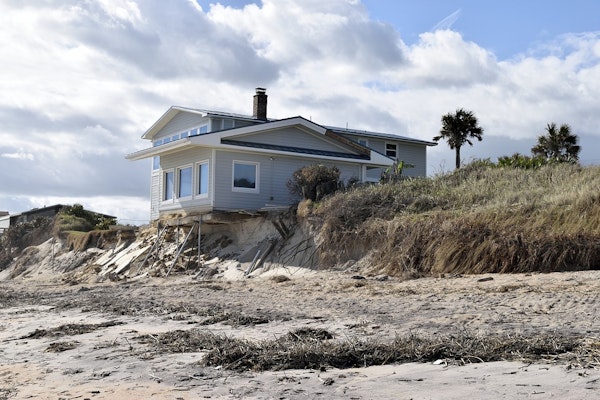
Natural Disasters and Legal Pressures Are Driving Up Homeowners Insurance Costs Nationwide
Homeowners insurance is becoming less affordable nationwide as natural disasters, legal system strain, and rising repair costs drive premiums higher, especially in disaster-prone states.
June 11
Catastrophe
Insurance Industry
Litigation
Property
Alaska
Florida
Louisiana
Maryland
Mississippi
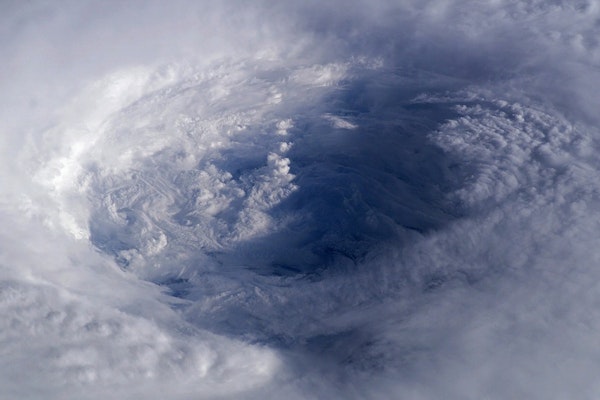
How the Insurance Industry Is Preparing for a Fierce 2025 Hurricane Season
After a season of compounding storms and inland flooding in 2024, the insurance industry is refining its storm strategies and readiness plans for a potentially active 2025.
June 11
Catastrophe
Education & Training
Insurance Industry
Property

Cyberattack Disrupts Operations at Whole Foods Supplier United Natural Foods
United Natural Foods, a key supplier for Whole Foods, took systems offline after unauthorized network activity, causing temporary disruptions in order fulfillment and distribution.
June 10
Insurance Industry
Property
Risk Management
Technology
Rhode Island
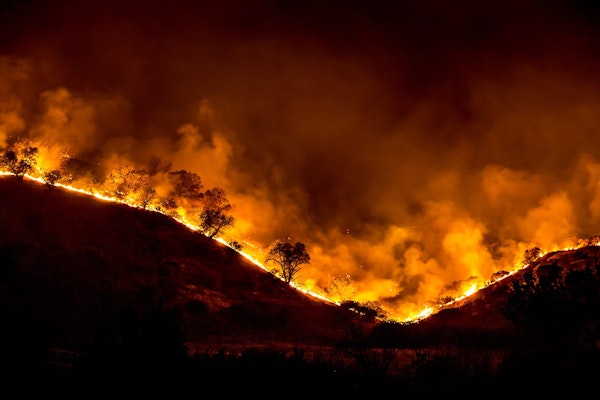
Homeowners Take Legal Action Against USAA and AAA Insurers Over Los Angeles Wildfire Coverage Disputes
Lawsuits filed in Los Angeles County accuse USAA and AAA-affiliated insurers of underinsuring homes damaged in the January 7 wildfires, leaving policyholders unable to rebuild.
June 9
Catastrophe
Insurance Industry
Litigation
Property
California





